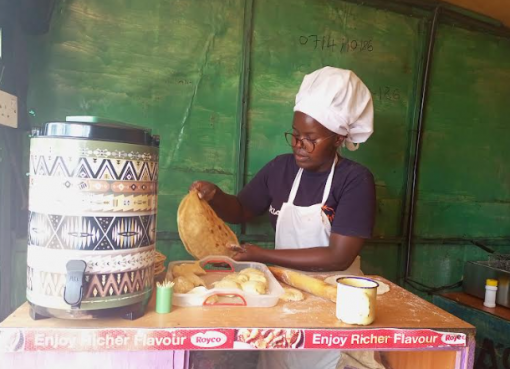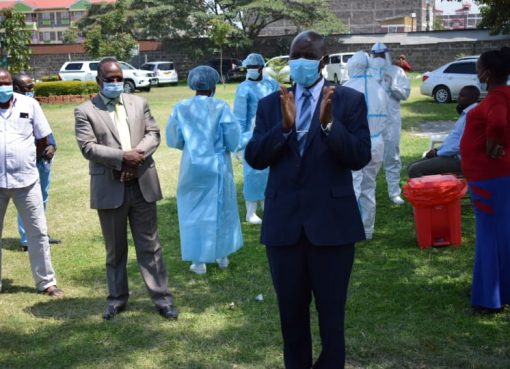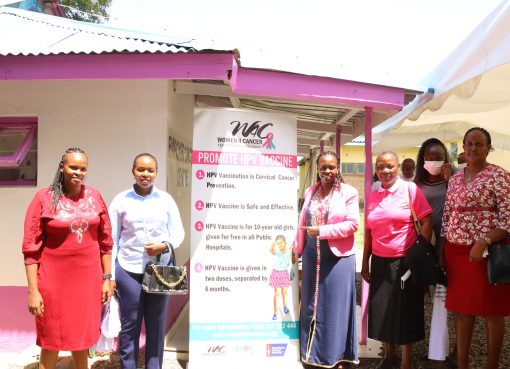

Kenya is negotiating with 44 African states for a new Free Trade Area for its agricultural and industrial products targeting a market of 1 billion people, the Trade, Industrialization and Cooperatives Cabinet Secretary (CS), Peter Munya has revealed.
Munya said he was optimistic that all the target countries will assent to the Free Trade Area Treaty by July 2020 which will enable trade and other commercial activities to kick off among member states signatories to the agreement.
At the same time, the CS further stated that Kenya had entered into a new trade agreement with the United States of America (USA) where the two countries’ bilateral engagements had been upgraded to strategic status.
Speaking in Nakuru on Wednesday when he presided over the inauguration of a Sh.1.2 billion ultra-modern animal feeds manufacturing plant owned by consumer goods producer BIDCO Africa Group, Munya said favourable trade agreements within the East African Community (EAC) had exposed Kenya’s products to a market of 150 million people.
“The new flow of local and foreign investments into the manufacturing sector in Nakuru is a blessing to both the region and Kenya as industrialization is the driving force for any economy. We need to create reliable regional and international markets for our goods and services if the economy is to grow,” he said.
“No country has grown without industrialization, and no Industrialization is sustainable without reliable markets. Our negotiating teams have also ensured that our products easily access the Common Market for Eastern and Southern Africa (COMESA) without unnecessary trade barriers where we have 500 million potential customers,” he added.
Munya stated the government had prioritized the manufacturing sector under the Big 4 Agenda besides generating incomes directly and indirectly to the population spurred national economic growth.
He observed that the new facility will create 1,000 direct jobs and 5,000 indirect jobs throughout the value addition and distribution chain.
The CS said besides the Africa Growth Opportunity Act (AGOA) Kenya had negotiated for additional trade agreements with USA towards creating a free trade area within the world’s largest economy.
“In January, a trade mission will be heading to USA to continue with these negotiations. We are very optimistic that besides AGOA that grants some of our products duty free access to the American market, Kenyan will soon be granted a free trade area.
The Minister further revealed that the government had organized linkages and created opportunities that will result in favourable trading arrangements for Kenyan products in other parts of the world.
The BIDCO’s Chief Executive, Vimal Shah stated that the new 160,000 metric ton per year capacity factory will result in the firm increasing the number of farmers contracted to grow soya beans from 35,000 to 70,000.
“This, in essence is what we are trying to achieve as a nation, a manufacturing sector that links with other productive sectors of the economy. For Kenya to achieve its Big 4 Agenda and Vision 2030 goals, our approach towards the manufacturing sector has to change. It must be business unusual,” said Mr Shah.
Governor Lee Kinyanjui asserted that his administration will work with other agencies to facilitate potential investors through the establishment of a one-stop desk where they can be issued with the required documentation.
“We will be pushing for productivity of the County through development of policies and enactment of laws that will make it profitable for local companies to export again, boosting their capacity to expand within the country and focusing on Small Medium Enterprise growth and productivity.
Some of these policies must promote the competitiveness of local industry, encourage value addition and diversity of locally manufactured products,” added the governor.
The Deputy Governor, Dr. Eric Korir observed that strategic location, land availability, improved infrastructure, friendly tax regimes and legislations and reliable supply of raw materials and labour were among factors that were attracting investors back to the devolved unit.
“We have incorporated public-private partnerships in setting up key projects such as the Oserian Industrial Park, Kengen Textile City Park, Lord Egerton Agri-City, and Kabarak University Smart City,” explained the Deputy Governor.
The devolved unit, he said was also keen on ensuring that the Naivasha Industrial Park creates thousands of employment opportunities as well as boosts industrial development.
By Anne Mwale/Dennis Rasto/Wayne Mark




